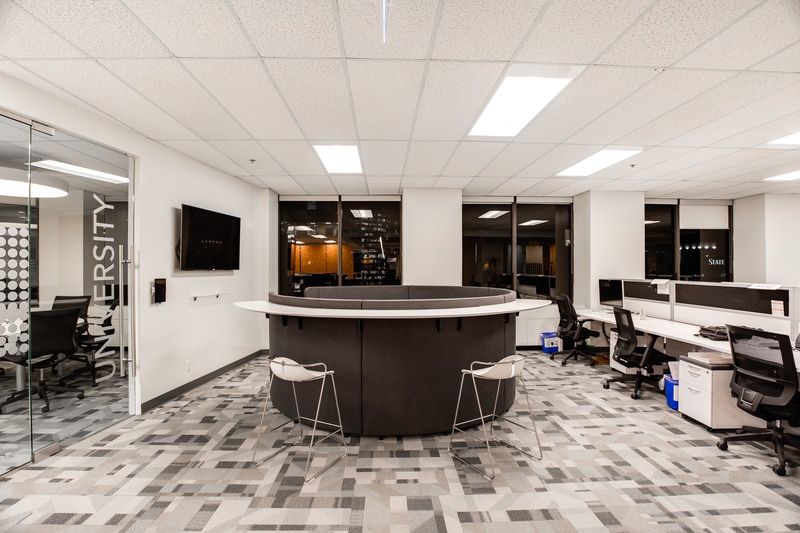Ergonomic office accessories play a crucial role in enhancing workplace comfort and productivity. By prioritizing user health and well-being, these accessories can significantly reduce the risk of work-related injuries.
Enhanced Comfort
Improved comfort is a primary benefit of ergonomic office accessories.
These accessories, such as ergonomic chairs and mouse pads, are designed to support the bodys natural posture. They help to alleviate undue stress on muscles and joints, which can lead to discomfort and fatigue. By creating a workspace that accommodates personal comfort, employees tend to experience increased job satisfaction. Furthermore, a comfortable working environment can enhance focus and reduce distractions. Investing in ergonomic products is essential for maintaining long-term workplace health.
Increased Productivity
Ergonomic accessories can lead to higher levels of productivity.
When workers are comfortable, they are likely to remain focused for longer periods, reducing the need for breaks caused by discomfort. Ergonomic designs facilitate smoother movements and reduce physical strain, allowing individuals to perform tasks more efficiently. This can lead to improved work quality and faster completion of projects. Moreover, the reduction in fatigue supports sustained energy levels throughout the workday. Ultimately, a productivity boost has a positive impact on overall organisational performance.
Reduction of Health Risks
Ergonomic office accessories help in minimising health risks associated with prolonged sitting.
Chronic issues such as carpal tunnel syndrome, back pain, and neck strain can be exacerbated by poorly designed workspaces. Ergonomic products aim to address these risks by promoting proper posture and movement. Features such as adjustable desks and lumbar support cushions are specifically designed to counteract harmful positions. By encouraging movement and providing necessary support, these accessories can significantly lower the likelihood of developing musculoskeletal disorders. This not only benefits individual health but also reduces healthcare costs for employers.
Employee Satisfaction
The use of ergonomic accessories contributes to higher employee satisfaction levels.
When employees feel supported and comfortable in their workspace, their overall morale improves. Ergonomic products demonstrate a commitment from employers to invest in the well-being of their staff. This subsequently fosters a more positive work environment, encouraging loyalty and reducing turnover rates. Employees who are satisfied with their workplace conditions tend to be more engaged and proactive in their roles. Cultivating satisfaction through careful selection of office accessories is beneficial for both workers and the organization.
Cost Effectiveness
Investing in ergonomic accessories can be cost-effective in the long run.
While the initial investment in ergonomic office equipment might seem high, the long-term savings can be significant. Reduced injury rates lead to lower healthcare costs and fewer employee absences. Additionally, productivity gains mean that employees can complete more work in less time, enabling better resource allocation. Ergonomic workspaces can also attract top talent, as candidates increasingly look for employers who prioritise employee well-being. Overall, the financial benefits of ergonomics outweigh the upfront costs.
Versatility and Customisation
Ergonomic accessories offer a high degree of versatility and customization.
Many ergonomic products are designed to be adjustable, catering to the unique needs and preferences of individual users. This promotes inclusivity within the workplace, allowing employees of various body types to find comfort in their work environment. Options such as sit-stand desks enable flexibility throughout the day, encouraging movement and reducing stiffness. Furthermore, various ergonomic accessories are available to fit different tasks and work styles, from typing to drawing. This level of customisation enhances the overall workplace experience.
Long-Term Wellness
Ergonomic accessories contribute to long-term health and wellness.
A focus on ergonomics fosters a culture of health in the workplace. Employees who are encouraged to use ergonomic tools are more likely to adopt healthy habits that extend beyond work hours. This can lead to improved lifestyle choices, such as regular exercise and better posture even when away from their desks. Creating a long-term emphasis on wellness helps to establish a sustainable work environment. As overall employee health improves, companies can expect enhanced morale and reduced turnover, benefiting everyone involved.
In conclusion, ergonomic office accessories are vital for enhancing comfort, productivity, and overall employee well-being. By investing in these tools, organisations can reduce health risks, increase satisfaction, and promote a culture of long-term wellness.

